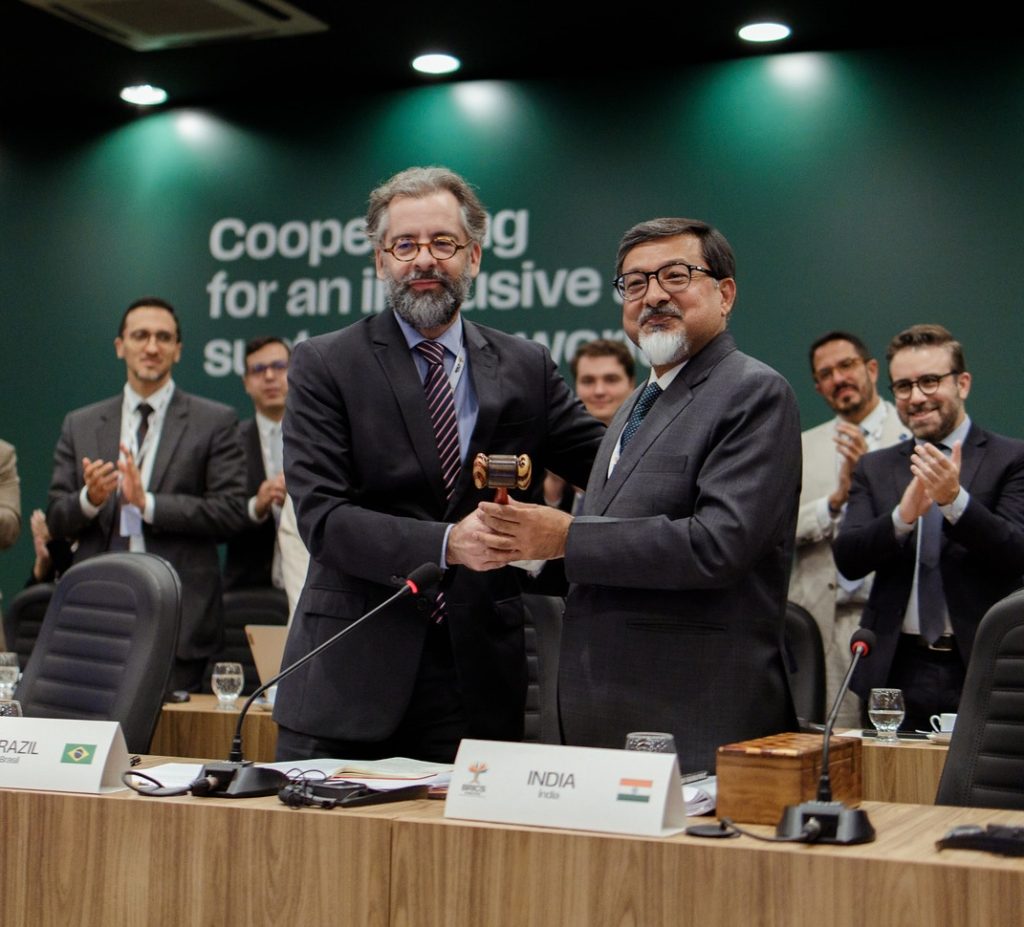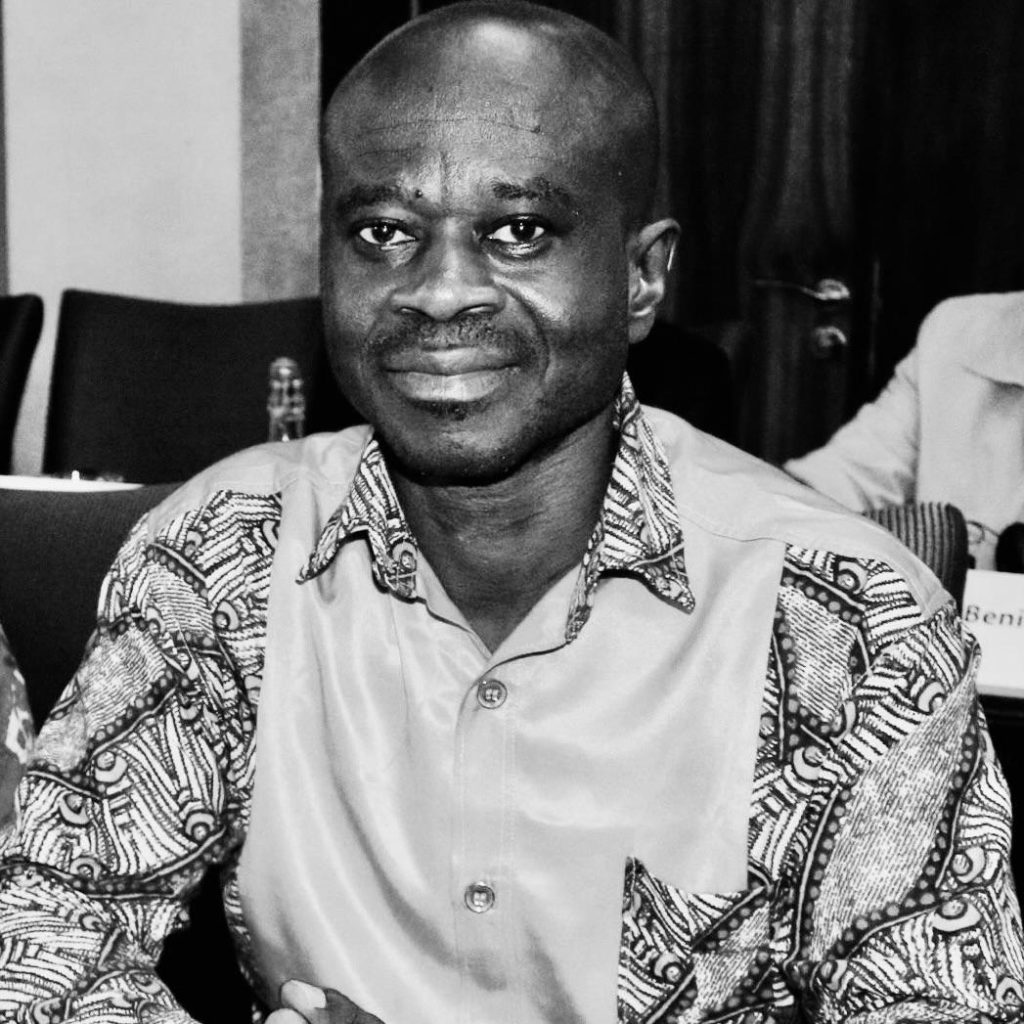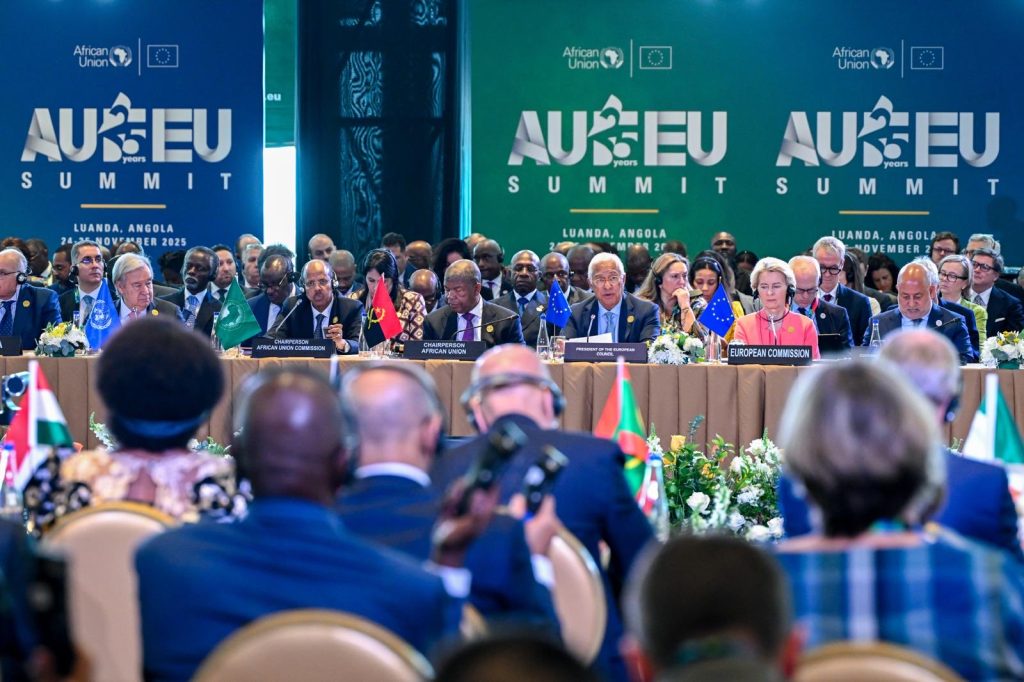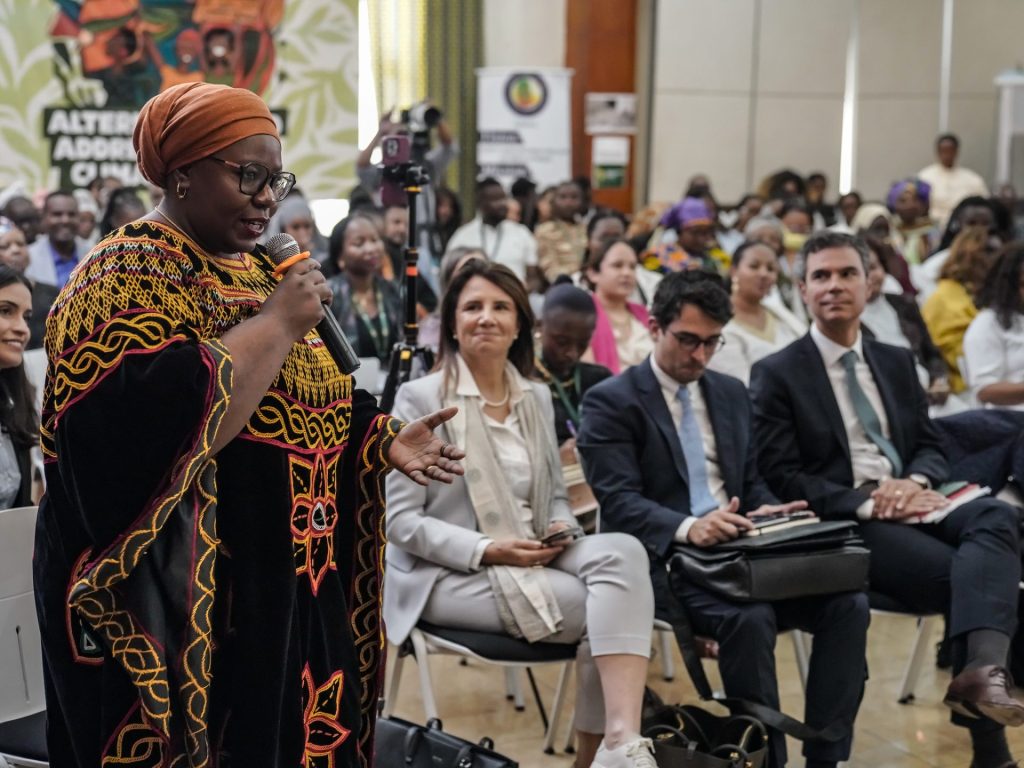On Sunday 26 February, Nigeria’s electoral commission began announcing state-by-state results from the country’s elections. As results slowly trickle in, complaints of irregularities have been made, and the commission is not expected to announce a winner until a few more days have passed. This vote is expected to be the closest in Nigeria’s history, with candidates from 2 parties that have alternated leadership since the end of military rule in 1999, facing a challenge from a minority party nominee. The candidates are Bola Tinubu of the governing All Progressives Congress (APC), Atiku Abubakar of the main opposition People’s Democratic Party (PDP), Peter Obi of the Labour Party and Rabiu Kwankwaso of New Nigeria Peoples Party (NNPP). Abubakar, Obi and Kwankwaso are frontrunners with Kwankwaso appearing to have fallen behind.
Nigeria’s Climate Challenge
In 2022, Nigeria suffered a devastating flood, and over a three month period, more than 26 of the country’s 36 States were submerged in water. More than 600 died and reportedly 2.4 million were displaced, with many critical infrastructure facilities destroyed. In addition to annual floods, the country also experiences extreme heatwaves and droughts. Government has been criticised for failing to adapt critical infrastructure to the floods and activists have been calling for more proactive measures to mitigate and prevent the anticipated impacts of climate change. Although it is one of the world’s largest producers of crude oil and natural gas, the country also faces an energy crisis, with fuel queues and power cuts common even in its major cities. Notwithstanding deep economic ties to fossil fuels, the country has been taking steps to invest in renewable energy. In 2021, President Buhari committed Nigeria to achieving net zero by 2060. A Climate Change Act which aims to provide a framework for the energy transition was signed into law, and last year Nigeria launched its energy transition plan which requires approximately $10 billion (about a quarter of the national budget) each year until 2060. The incoming President will face a staunch task of increasing the country’s resilience to climate impacts, strengthening infrastructure, aligning the economy to the global transition towards net-zero, and finding the financial resources to implement the energy transition plan.
As Africa’s largest democracy and economy, this year’s elections are important both for security within Nigeria and in the broader region, but also to test health of the democratic transition which commenced in 1999. The country is Africa’s second largest oil producer, its position on oil and gas and related climate policies will be influential in the debates around the phase down or phase out of fossil fuels and related subsidies. That notwithstanding, according to Nigeria’s Premium Times, climate is not meaningfully addressed in any of the parties’ manifestos. They found that “the candidates … failed to highlight how they would practically upscale climate change adaptation, mitigation and even financing solutions plaguing the country.” Another report by African Arguments observed that the candidates spoke of climate change in their manifestos largely in passing. They failed to consider its devastating effects or the opportunities of decarbonisation as a front-burner issue, and their related policies also appeared rhetorical, and are low on detail. As we wait for the election results to come in, our review canvases each of the frontrunners to gage their positions on climate change, focusing on how they have addressed it within their manifestos and public statements.
Peter Obi, Labour Party
Obi is a wealthy businessman with a reputation for being frugal, his broadest support is from the youth. His campaign has spoken to thissupport basewith plans to foster youth employment by creating a “Green Army” to harness opportunities in the $3 trillion international climate finance.” He intends to mobilise international finance to transition the country towards a green epoch. He promises to “aggressively prioritise the mechanisation” of arable land in the country in order “to make agriculture the new oil of a prosperous Nigerian economy.” Simultaneously he intends to shift the country from “fossil fuel dependency to climate and eco-friendly energy use”. In an interview with Business Day, he stated “We should move beyond our dependence on the money from oil and gas and shift from consumption to production. Our focus will be on generating revenue from technology, agriculture, renewable energy and manufacturing while promoting business investments and consumer spending.“ He is the only candidate to have put forward a material shift away from fossil fuels and pushed for renewable energy.
His plans include a “solar revolution” as well as investments in wind, and meaningful incentives for clean energy. The manifesto has been described as not being “big on oil”, although there remains some uncertainty of what is intended by a “green army”. Commenting on the manifesto, an Obi spokesperson said that the green army will be responsible for planting trees across the nation, adding that an Obi Presidency would also follow global trends on fossil fuel. It was stated: “We may have gas, but when it is not acceptable around the world, you drop it.” He has also positioned that he would drop fuel subsidies, describing them as “organised crime”, stating he would replace it with a monthly transport grant.
Bola Tinubu, APC
Bola Tinubu is the former Governor of Lagos State and candidate of the ruling APC. He has stated he intends to advocate for a more attentive international policy regarding climate change and how it affects Africa. According to Nigeria’s Premium Times, however, he has not put forward any meaningful or practical measures on how this would be achieved or how he intends to implement existing climate policy. In October last year he was ridiculed by local media for his ignorance of Nigeria’s climate commitments and the global regime, and the impacts that were already being felt, and for undermining international relations, based on a statement that he intends to “tell the West, if you don’t guarantee our finances and work with us to stop this, we are not going to comply with your climate change.” The statement was made in the broader context of a comment that Nigerian was “a poor nation. They ban coal, and we follow. They say firewood is not for fetching. They say we need to plant more trees and they are not giving us money… It’s a question of how do you prevent a church rat from eating poisoned holy communion”.
African Arguments points out that the APC manifesto only mentions climate on four fleeting occasions. These include completing the Great Green Wall, Nigeria’s plan to become carbon neutral by 2060, and various initiatives to enhance solar energy through grid connectivity and mini grids. In his manifesto, his party also stated that the country should target 2.6 million barrels per day of oil by 2027 and 4mn bpd by 2030, with plans for new investments in the sector and frontier exploration. It did, however state that government would seek to curb flaring by enforcing gas flaring penalties and providing incentives to those that curb flares. It also moots phasing out fuel import subsidies.
Atiku Abubakar, PDP
This year’s election will be Abubakar’s sixth attempt at running for president. Abubakar, age 76, made his fortune in the oil sector and served as Vice President between 1999 and 2007. He was accused of cronyism during his tenure when he oversaw the privatisation of key state assets. Premium Times, comments that Abubakar failed to specify any meaningful climate change plans within his manifesto. In September 2022, however he did blame national flooding on climate change and highlighted the urgency of the State providing humanitarian assistance. In February this year he made promises that as President he would boost the oil and gas sector, privatise refineries, confiscate unused oil blocks, and invest in the newly discovered Kolmani oil field.
In the PDP’s manifesto, the party devotes an entire chapter to climate change and reaffirms that the country will stand by its Paris commitments. The position is very much that Nigeria will implement these but that they are very conditional on receiving international finance and that it must be implemented in a way that does not impede the country’s economic growth (this is not explored further). It also proposes a national policy on clean cities and various other interventions.





